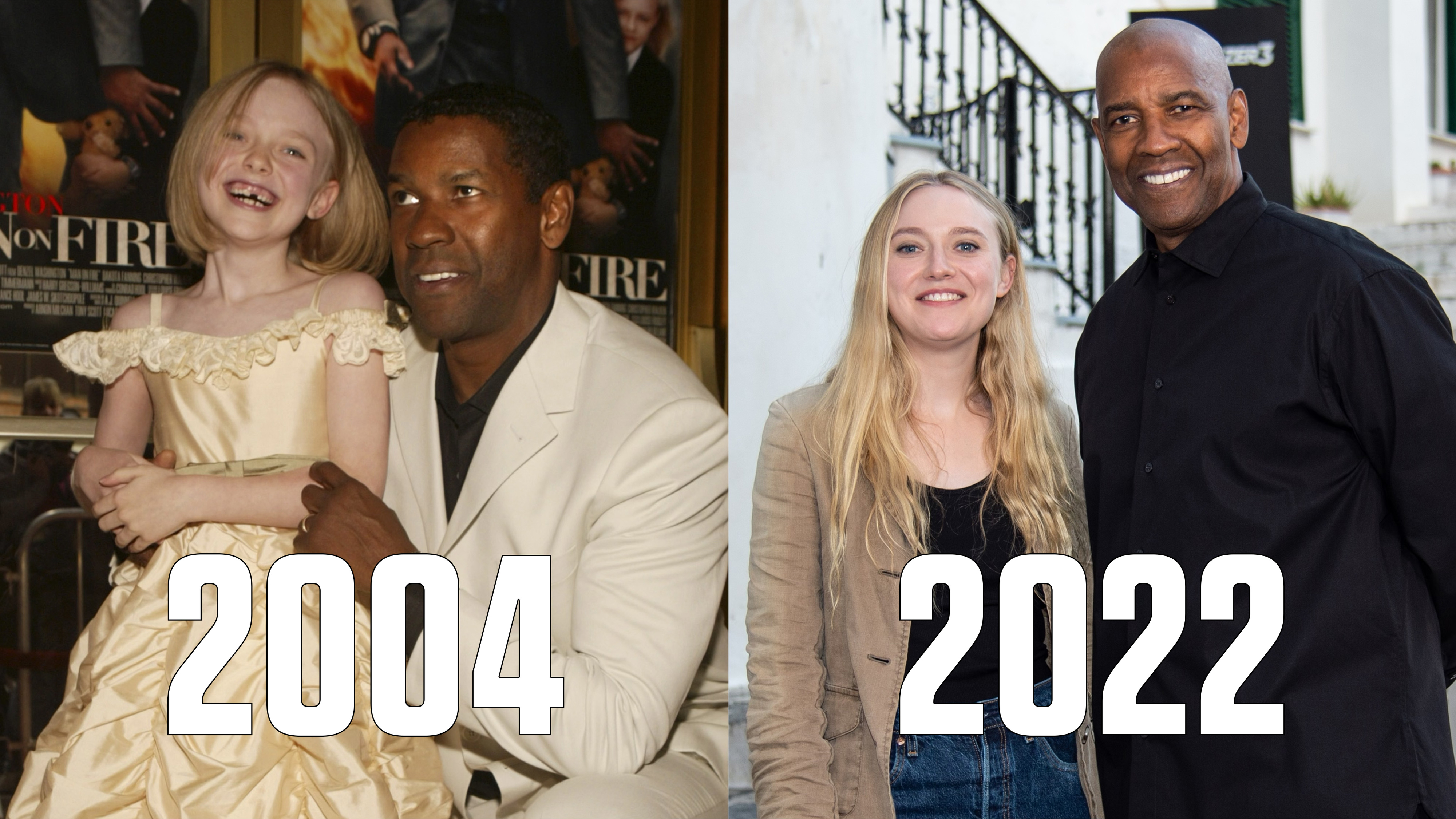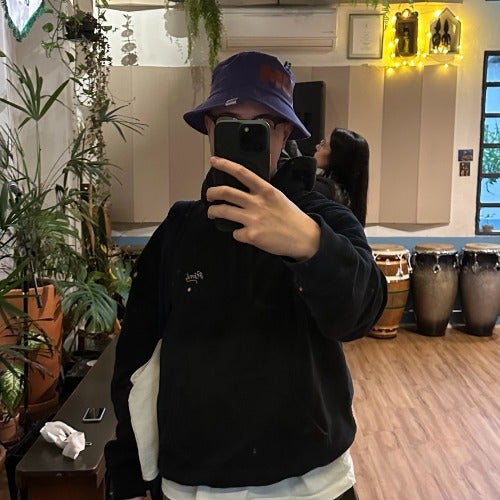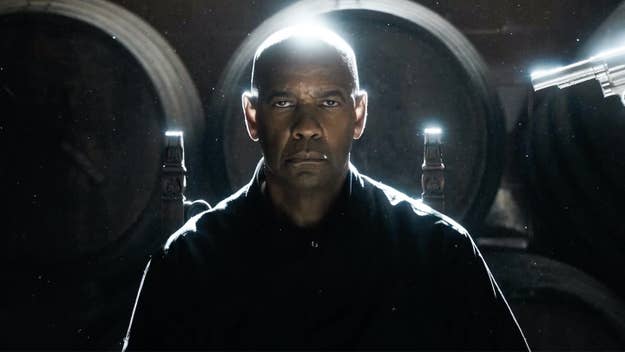
Denzel Washington and director Antoine Fuqua have shared a long, personal relationship over the last two-plus decades. The two have given life to some of the most iconic characters in modern film history: from the gritty streets of Training Day in 2001 to the pulse-pounding action of The Equalizer series starting back in 2014.
The actor-director duo are back to close things out with the third and final installment in The Equalizer franchise. However, Washington, who steps into the shoes of good-guy assassin Robert McCall, is on a much different journey this time around.
“The first one was finding his purpose. The second one was making peace with his past,” Fuqua says. “This one was more about him finding a place in the world, a home to settle down.”
Robert McCall’s story is one that’s grown deeply personal to Washington himself. In fact, Fuqua says it was Washington who motivated him to return for a third film.
“[Denzel] wanted to do it and he had a passion for it,” Fuqua reflects. “I would not say no to Mr. Washington.”
Fuqua sat down with Complex to discuss his relationship with Denzel Washington, bringing Dakota Fanning into the mix, closing out The Equalizer trilogy, and more.
[Editor’s Note—this interview has been edited in length for clarity.]
You and Denzel have had a really close and personal relationship stretching over the last two decades. Do you remember the first time that you guys ever met in person, and how has your relationship evolved over the course of these past 20-plus years?
Fuqua: The first time we actually met in person was at church. My wife knows Pauletta, his wife, and we met at church, which was a great setting to meet, but we didn't really talk much. The first time we actually really sat down and got to know each other was when I got the script for Training Day and he was interviewing directors as well to see who he wanted to work with. And I was one of them. And we just clicked ever since then.
"The first time we actually really sat down and got to know each other was when I got the script for Training Day [...] We just clicked ever since then."
From the moment I sat down, it was amazing. We didn't even talk about the movie. Not at all. We talked about life and family and kids, you know, just in general. And then we talked about that world. And after that he was like, “Do you want to do it?” I said, “Yeah.” He goes, “Let's do it.” And that was it.
Denzel has never done a sequel. How did you convince him to return for an extra two films?
Fuqua: It really wasn’t me that convinced Denzel to do it. It was the audience. He would go places and people go, “Where is Robert McCall? What are you doing?” You know, he was surprised at how people responded to Robert McCall so much. Used to be just Training Day. And then it was Robert McCall.
He's all about giving the audience what they want and giving them a great performance, you know? And I think that character resonated with him as well. It's a part of who he is. He does a lot of things without taking credit as a person, not because I know him. He does want everybody to know he did it.
So it's a part of who he is, you know?
Definitely. And what exactly motivated you to return to The Equalizer franchise for this third installment?
Fuqua: Denzel. Yeah, you know, it's all about Denzel for me. He wanted to do it and he had a passion for it. And so, you know, I would not say no to Mr. Washington.
Absolutely. Being that this is your third film in the franchise, how do you go about staying true to your origins but developing a fresh new story for audiences?
Fuqua: A lot of that credit goes to Richard Wang, the writer. I think Richard's done a great job tracking that character. One of the things we talk a lot about is purpose—that is, “Why are we doing it?” The first one was finding his purpose. The second one was making peace with his past, and this one was more about him finding a place in the world, a home to settle down. And that's the thing that keeps it on track. Knowing what the message is. And that helps.
And what would you say is the message in the third film?
Fuqua: You know, this one is more about him finding a place, finding a home, but it's also about him having to reassess why he's doing what he's doing. You know, he's in a darker place in the beginning, and sometimes fate makes you have to slow down and start to really reassess. Are you doing it for yourself, or are you doing it for the greater good?
And that's what this is about, making that decision to do it for the greater good.
Totally, it feels like things are coming full circle for Robert McCall here. Another thing that’s come full circle is Denzel and Dakota Fanning’s relationship, as they reunite in this movie. What was that like, spearheading that reunion, and did you know from the beginning that you wanted to bring her into the fold?

Fuqua: I didn't know from the beginning. I got a phone call earlier. These are early stages that Dakota was interested in the movie. And of course, I love Man on Fire. The relationship is incredible. I love what Tony Scott did with that whole film. One of my favorites. I just couldn't believe it. I was thinking no. And so I said, “I got to have lunch with her today.”
So we had lunch that afternoon. Me and her, we had a great time, and she said she was interested in doing it. And then I called Denzel. I said, “Dakota.” He was like, “Well, I love Dakota.” Of course, like, you know, she's friends with his daughter and family. And so for me to bring that back together was really a little miracle to get to see that, because, you know, we all watched her grow up.
And so I had those great moments on the set where he would just kind of shake his head and go, like, “She's a grown-up now,” like, you know, and she's challenging him in the scene. It was so much fun to see it. You know, it really was one of my favorite things to do.
So this is Robert McCall's first time in Europe. How did you guys decide on going to Italy for this?
Fuqua: We talked about it on the first one. I always wanted to take Denzel international. You know, just being an African American, you didn't see that. It used to be years ago that people would say a lot of people don't travel internationally, financially, but we know that not to be true. And especially Denzel Washington, because I've been with him in Italy on other things, and he's gotten mobbed by people from everywhere.
And so that conversation continued on. Richard Wenk went off and wrote the script based on our conversations about the Amalfi Coast and Sicily and Rome and Naples and all that. And he came back with a really solid story. And once we gave it to Denzel and we went to the studio with it, it was like, go. And the beauty is they let me film it in the native language, in Italian, which is a miracle, you know, to really embrace the culture.
So I was very, very excited about that.
Reflecting and looking back on the trilogy, what to you was the most rewarding aspect of the entire franchise and also the most rewarding part about working with Mr. Washington?
Fuqua: The most rewarding is that the people respond the way they respond to Robert McCall. Like, it's always nice that that's the main purpose of it. Right? And when you get to do three, the audience is telling you something. You have to listen to just the blessing of working with Denzel five times, you know, and my career is very rewarding, you know.
So in success, that's great. But the opportunity is also pretty amazing.



